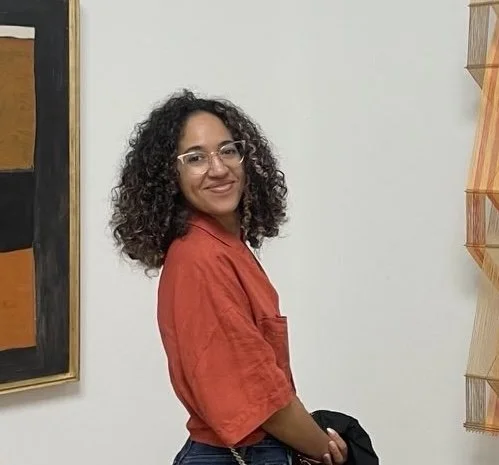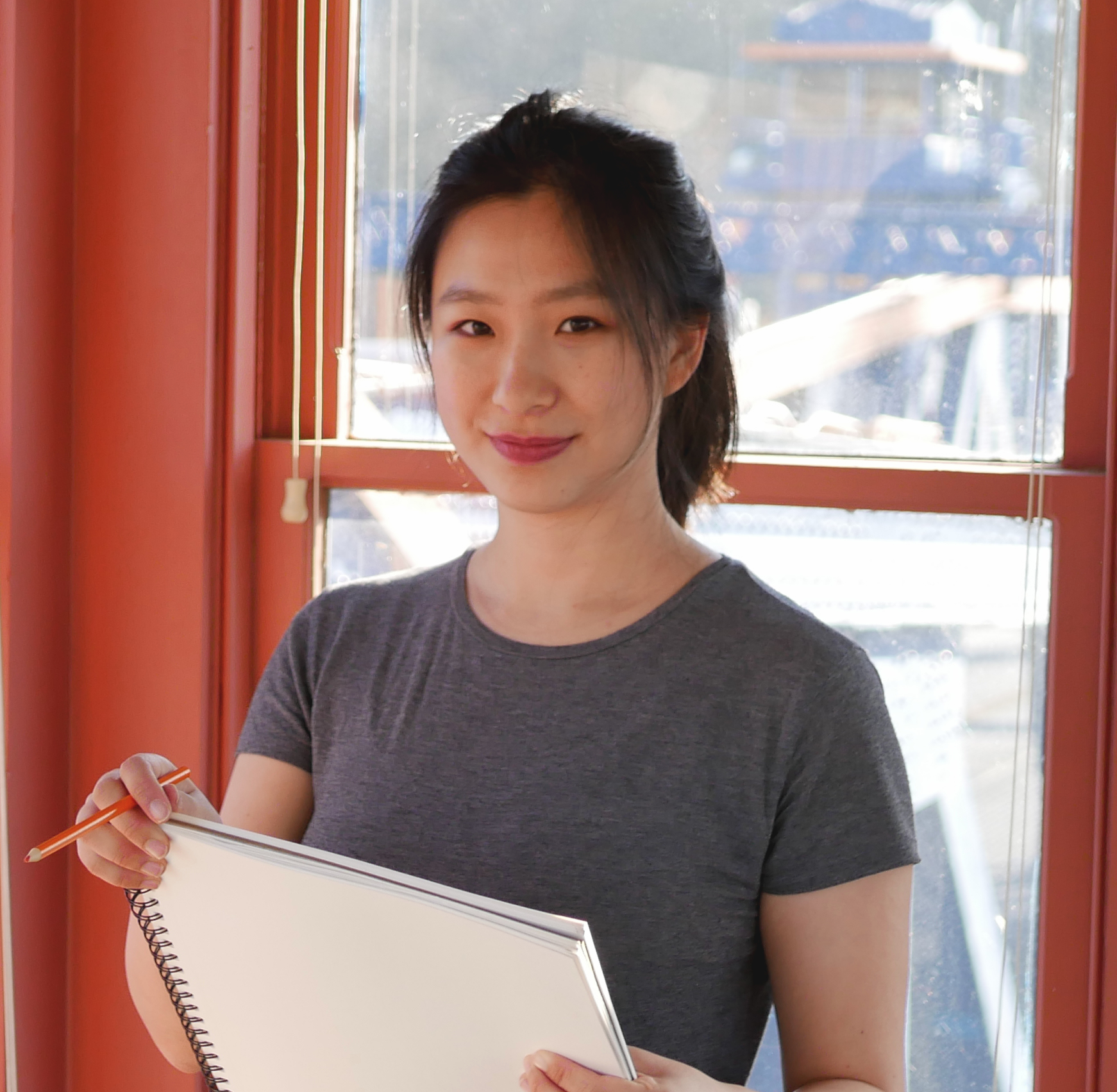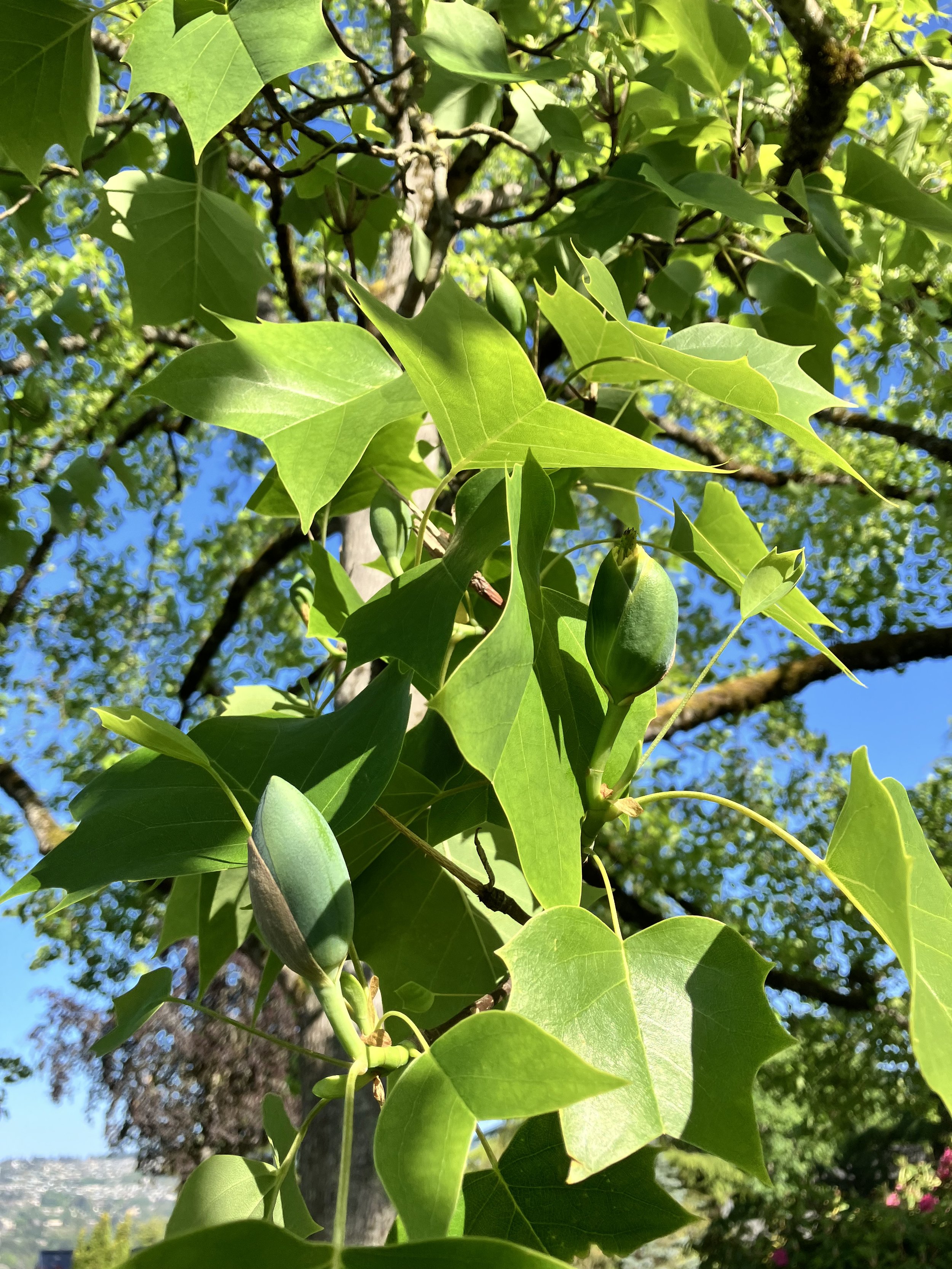

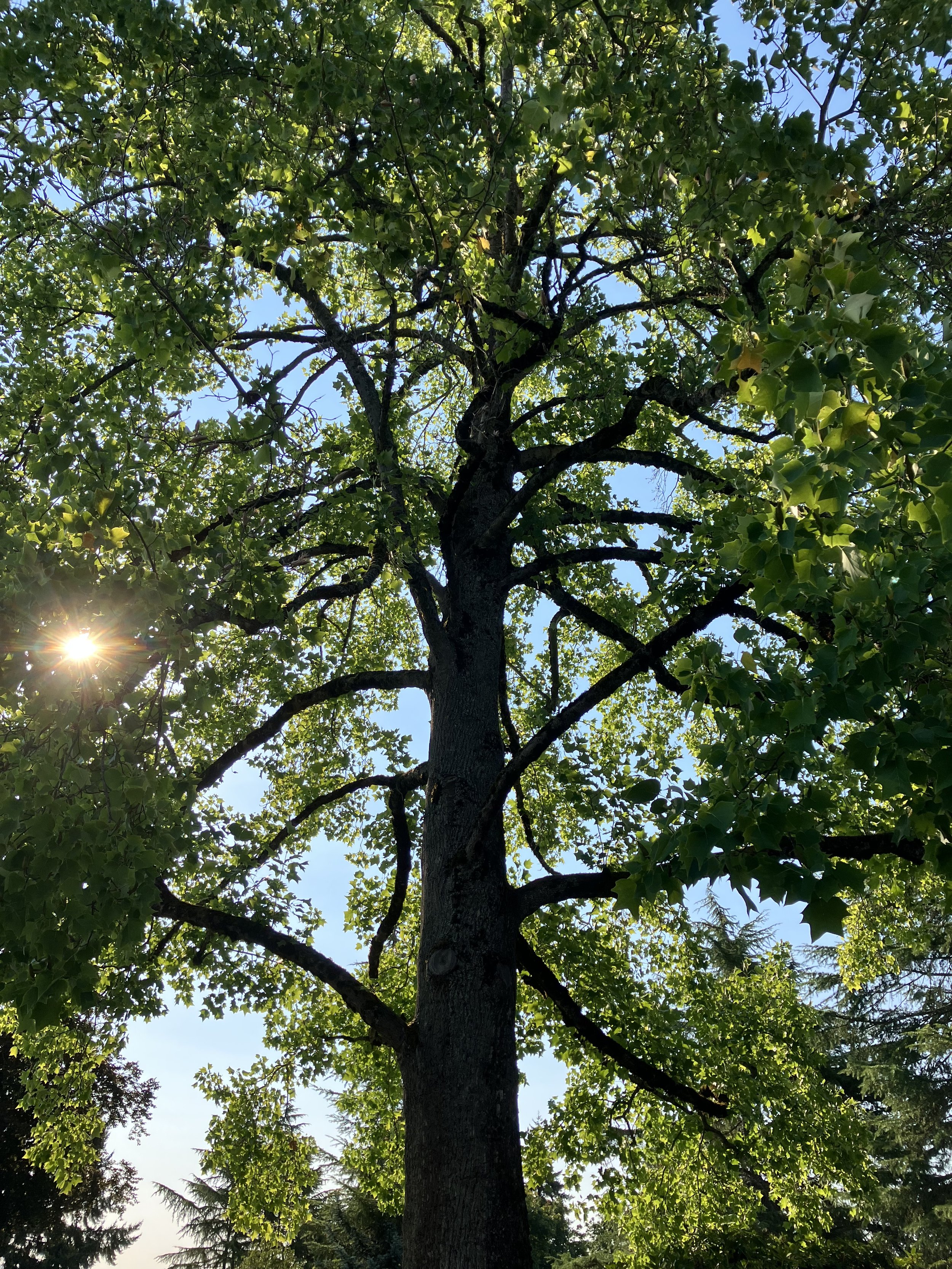

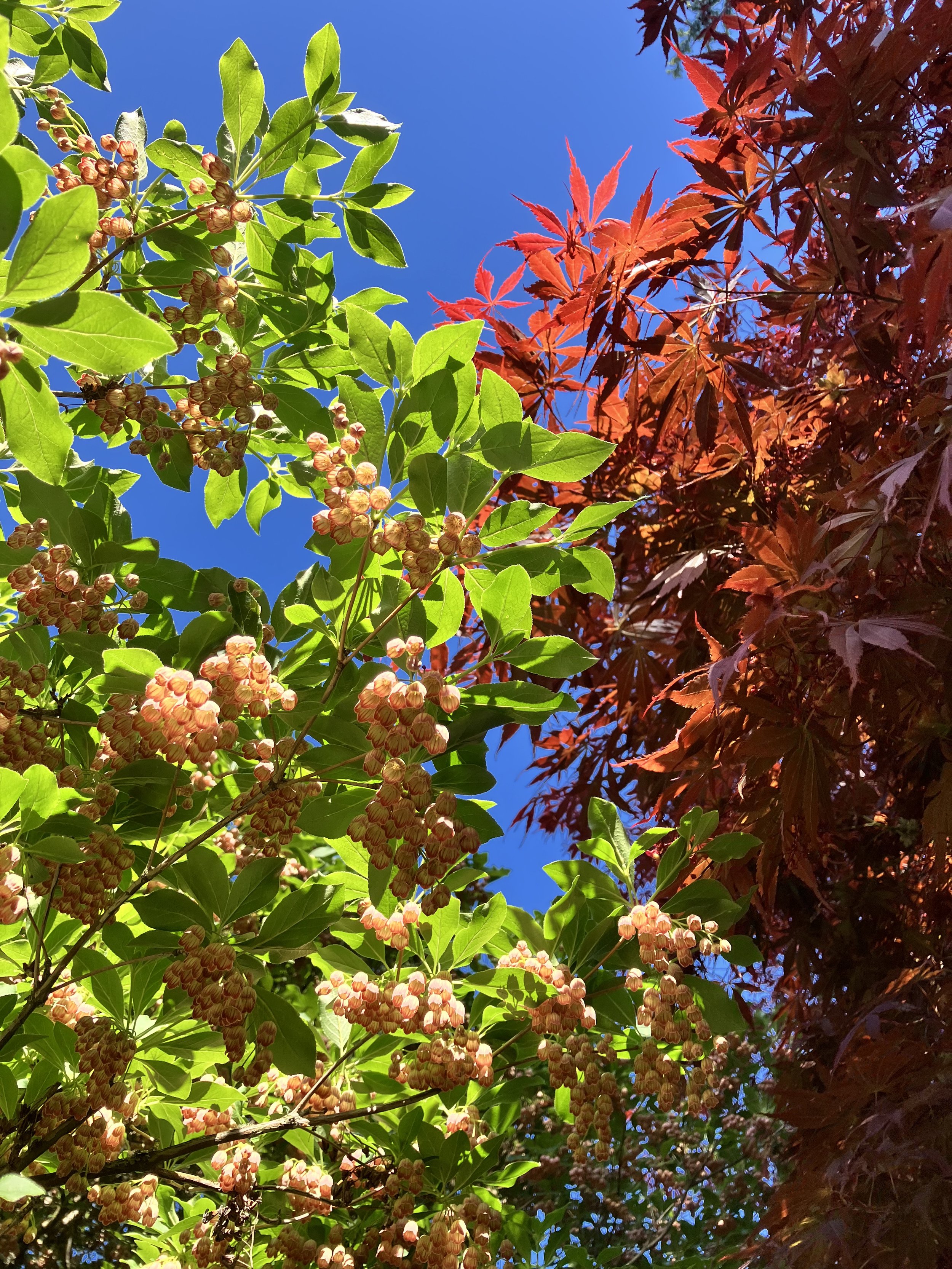

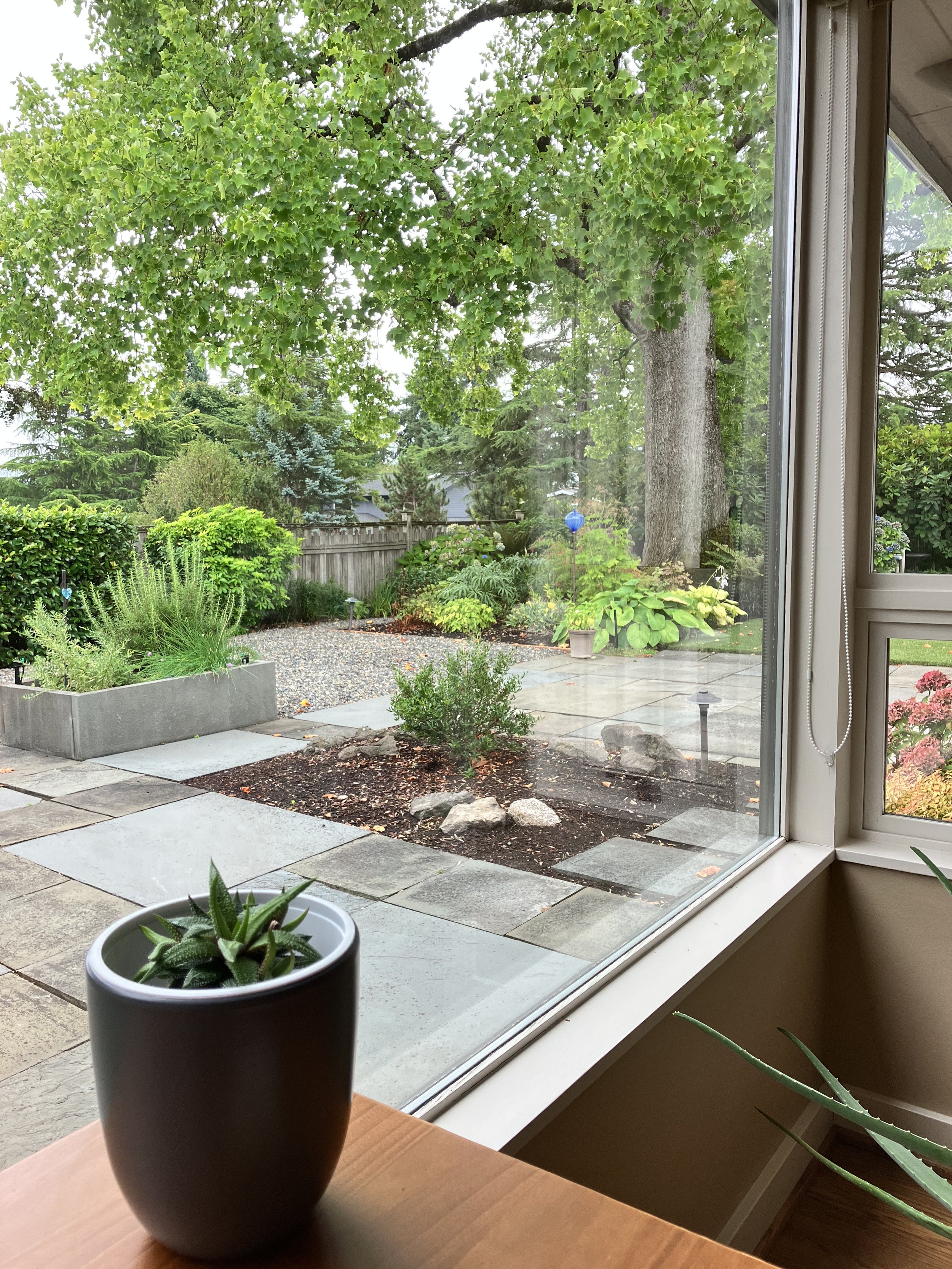
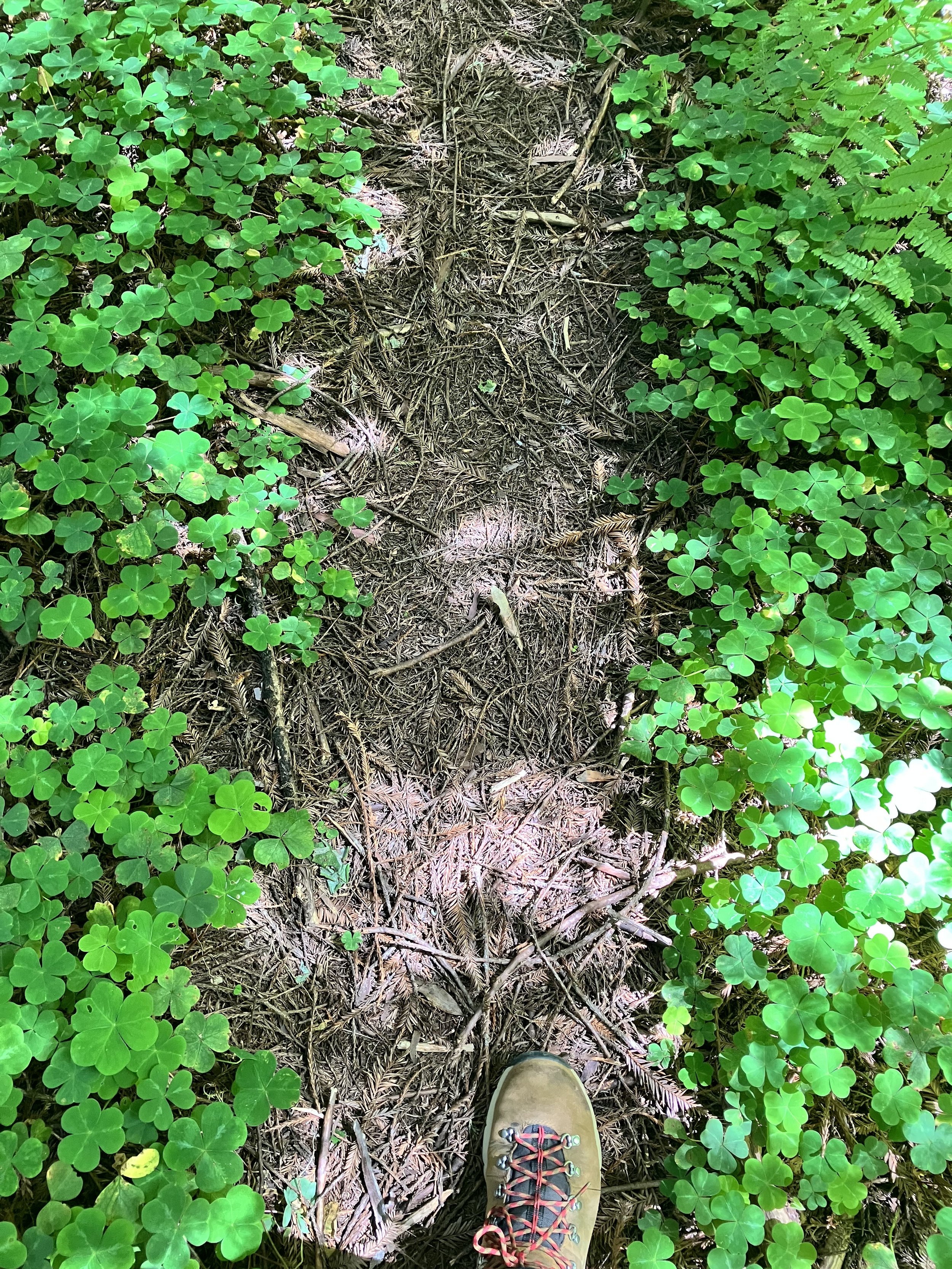
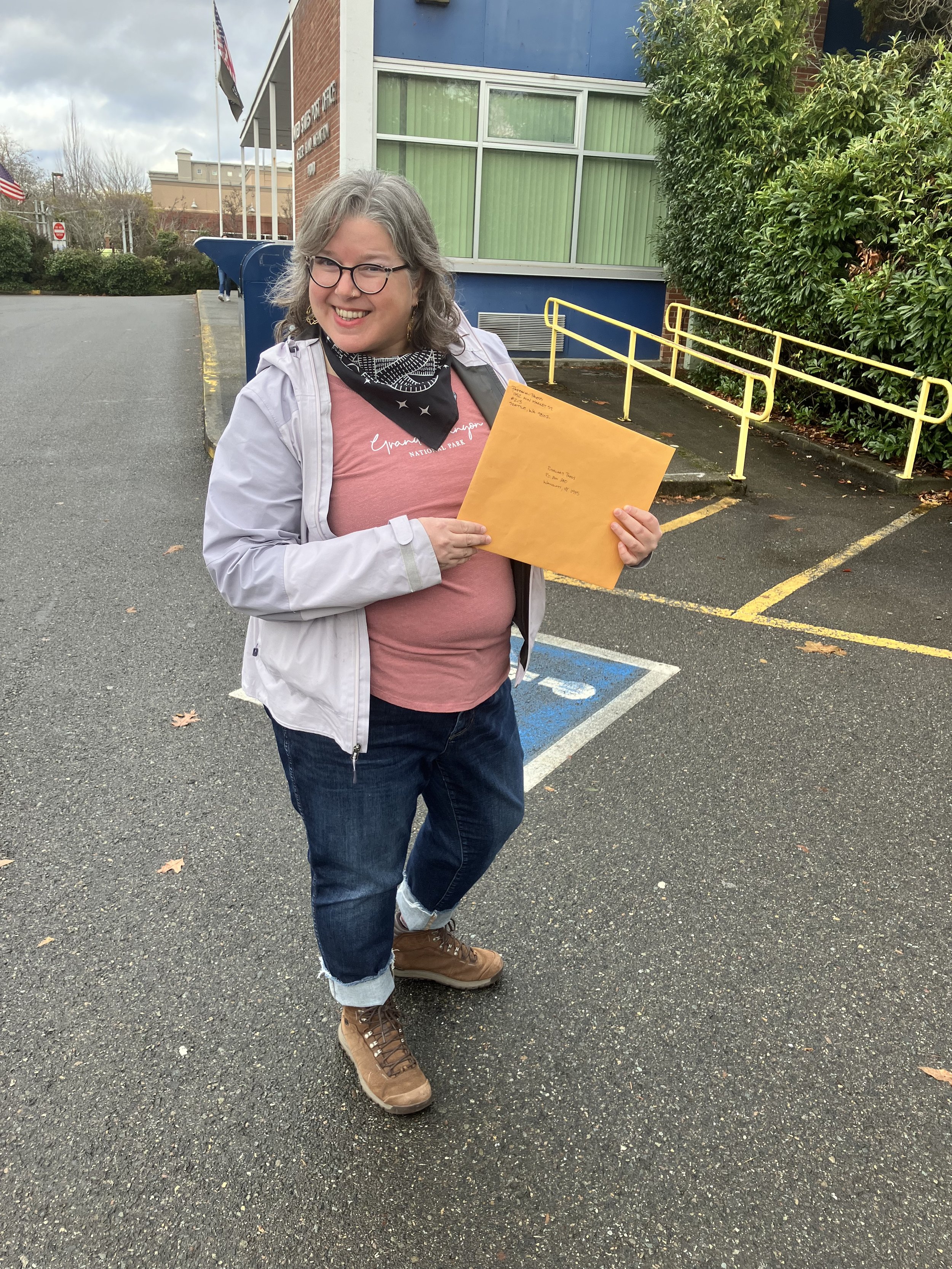
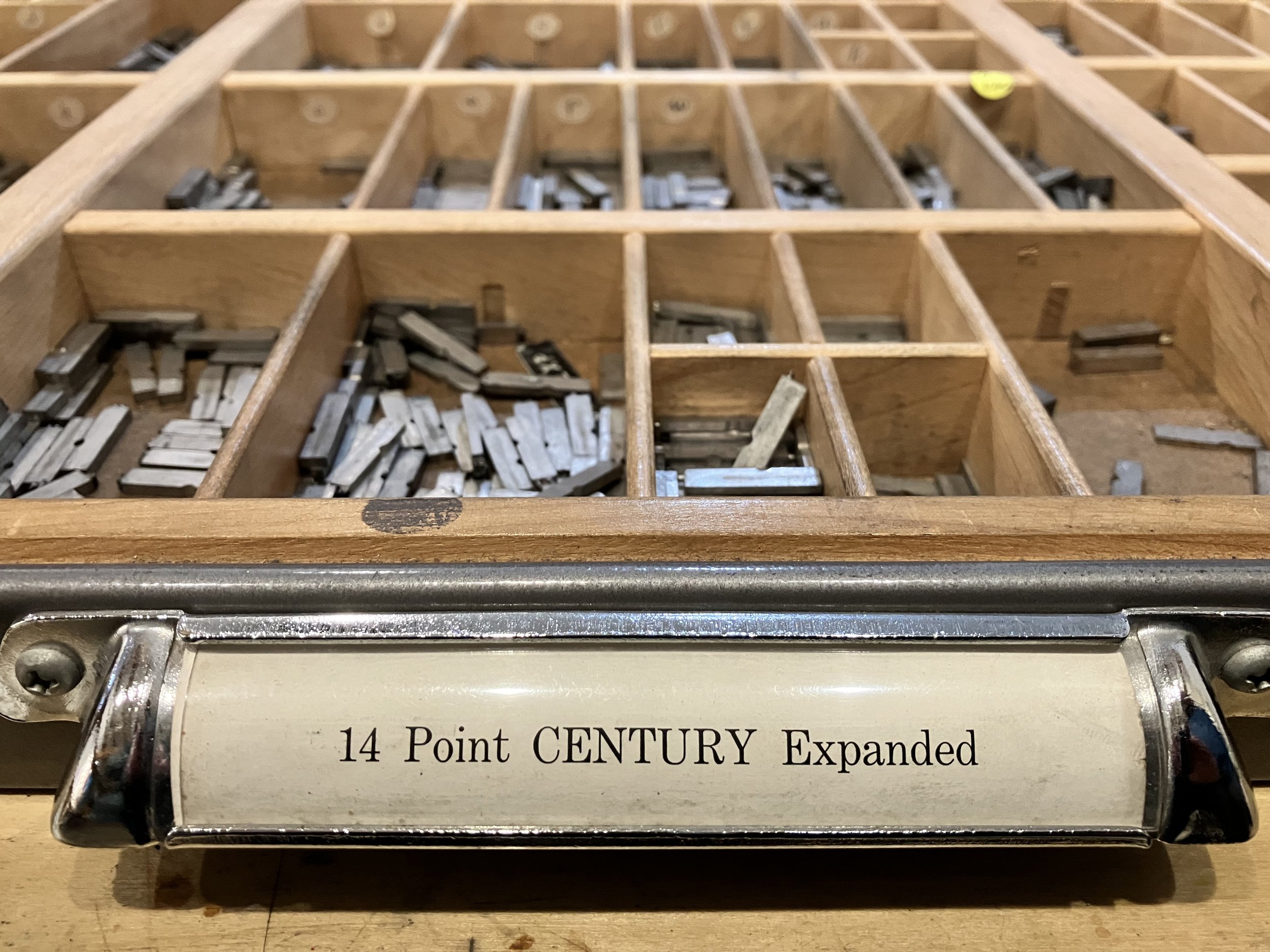
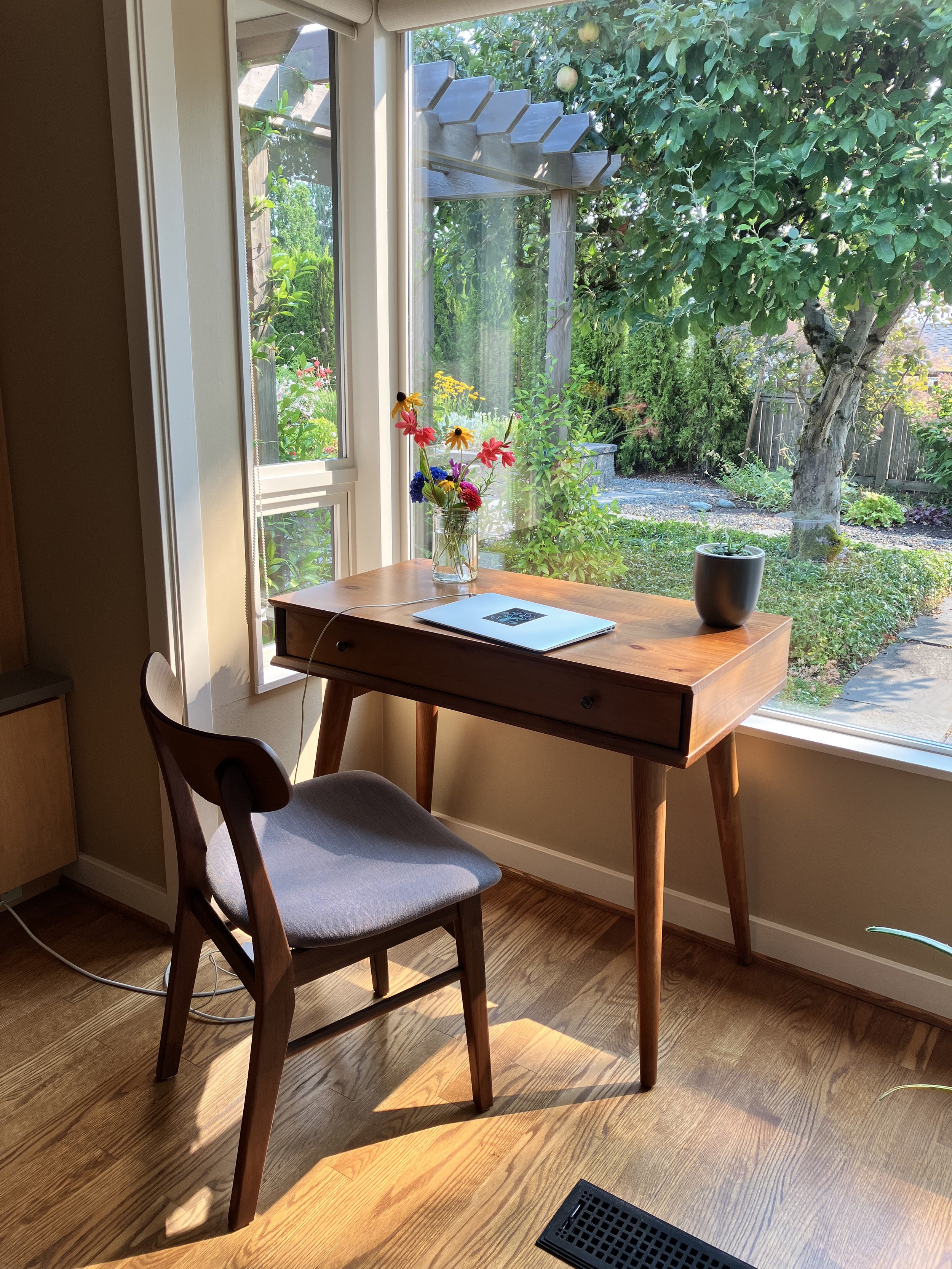
Publishing Editor: Lynne Ellis
Lynne Ellis writes in pen. They are an award-winning poet and independent press editor. Lynne earned their Certificate in Editing from the University of Washington and was co-editor at Papeachu Press. She has participated in artist residencies in California and Washington, and is a writer member of Common AREA Maintenance. Lynne also serves as a poetry reader for Crab Creek Review. A lifelong collaborator, Lynne is a career stagehand and lighting designer, and holds a B.A. in Theatre Arts from the University of California, Santa Cruz.
Read their poems and résumé over at www.lynneellis.com
Managing Editor: Katherine Threat
Katharine Threat is the author of the poetry chapbook Anatomy of My Mixed Body and the editor of the speculative fiction anthology If the Storm Clears. Her work has been featured by Button Poetry and Pile Press, and in We Need a Reckoning. She is a mixed race writer, poet, and artist whose work resides in the crosswords of identity, land, and home. She is passionate about working with contemporary artists of all media to foster sympathetic, earnest, and socially active art.
Prose Editor: Christina Montilla
Christina Montilla (she/her) is prose editor for Tulipwood Books. She graduated from the Iowa Writers' Workshop in fiction, where she was a Truman Capote Fellow in Fiction. Her most recent work was published in Midnight Chem. She looks for prose that celebrates a deep sense of place, resistance to dominance, illuminates resilience, and challenges our expectations - stories driven by careful disruption to form, or strong and complex point-of-view, or stories so fully considered they produce a resonance that ripples through many readings. Also: speculative/eco-fiction, queer writing/theory and stories from the nepantla (a multi-dimensional indigenous Nahuatl word brought to light by the theorist Gloria Anzaldúa to describe the liminal space between worlds, identities, an in-betweenness).
Visual Arts Editor: Vivian Li
Vivian Li (@vivianlikesfruit) is a Seattle based comics artist, zine maker, and illustrator. She tells funny, charming, and kind stories about occurrences both everyday and fantastic. She was the SDOT Fremont Bridge Artist in Residence in 2023 and is the 2025 Innovator in Residence with the Library of Congress in Washington DC. In her studio, she has a risograph, large guillotine, sewing machine, small guillotine, long arm stapler, and a bone folder.
We started Tulipwood Books for two reasons: to collaborate with other poets, and to interrogate the poetry publication industry. These are two related goals. Writing can be such a lonely practice, and the modern systems of publication lead to so much anonymous rejection—even as we succeed at putting work into the world!
At Tulipwood, rather than accept or reject a project as-submitted, we select projects that spark our interest, then we work with authors to develop a manuscript. We believe that it’s possible to cultivate, as Eduardo C. Corral says, the intellectual, linguistic, and emotional pleasures of the line, while staying faithful to one’s own poetic voice. If you agree, then we want to work with you.
Every poem is a collaboration.
No poet creates in a vacuum. At the very least, our words create meaning in the body, heart, and mind of the reader.
(some of) Our Poetics
Poetry is a form of music.
Attention to sound and rhythm is at the core of our poetics. We read for language that engages with our ear, as well as our thoughts.
Clarity helps.
Staying true to your own voice is important, and you also have to be able reach your reader. Bring a generosity to the page.
Language is a river.
Part of the tremendous joy of language is that it moves and shifts. Words pick up and let go of meaning like water over stones. One of the poet’s tasks is to help a reader celebrate that joy.
Thanks to Kory Stamper for the image above.


